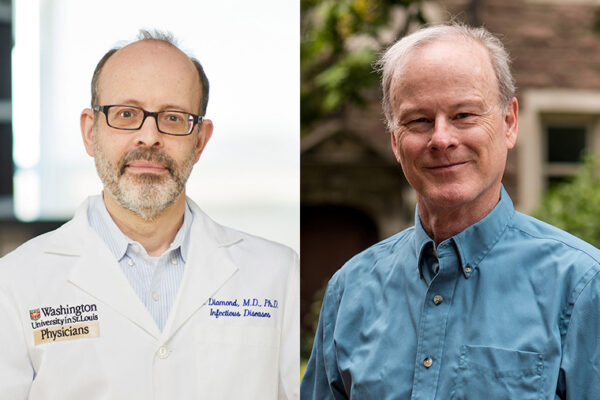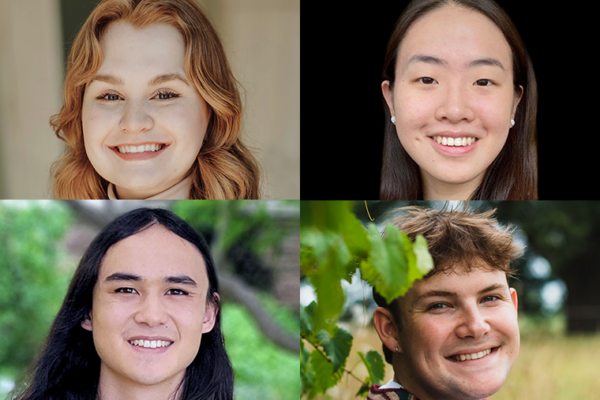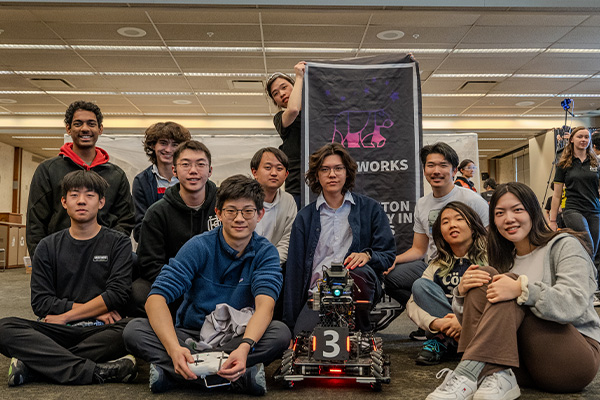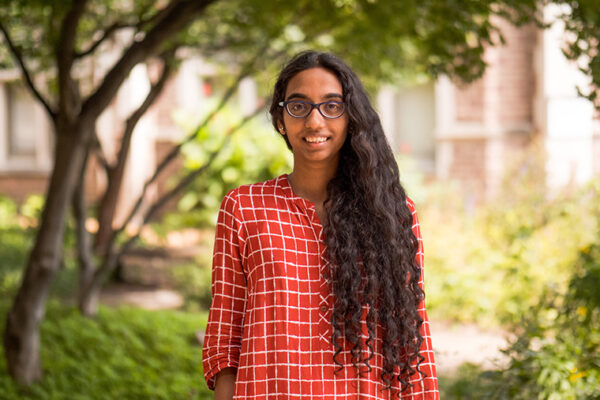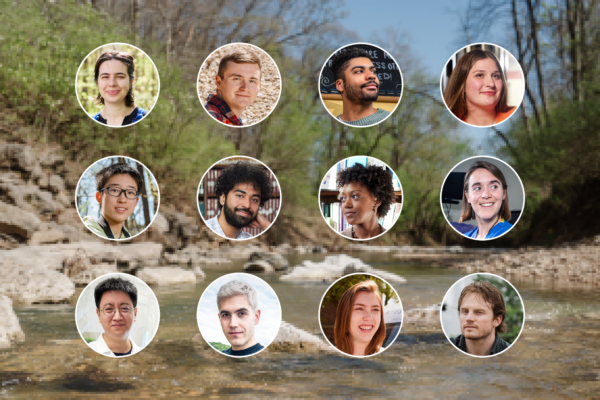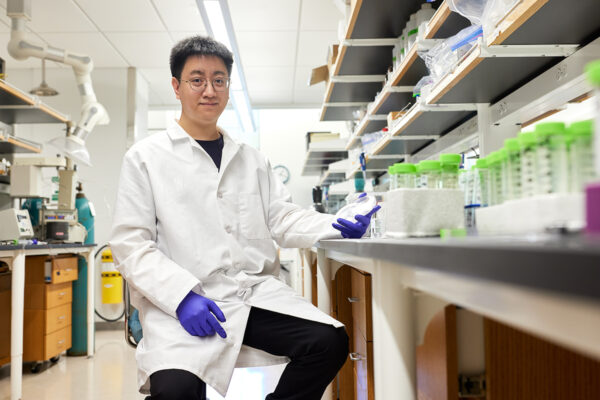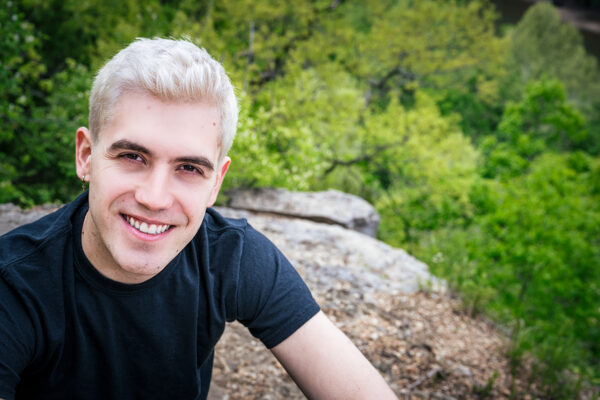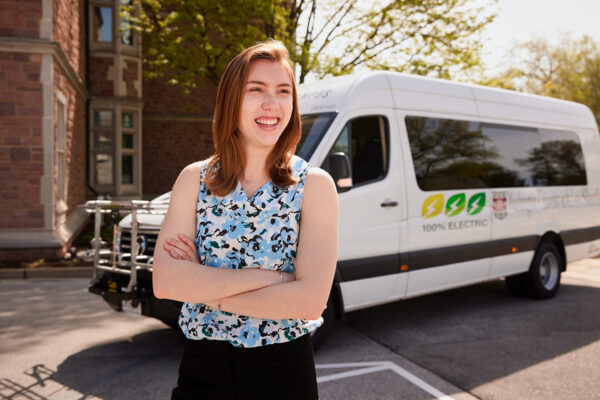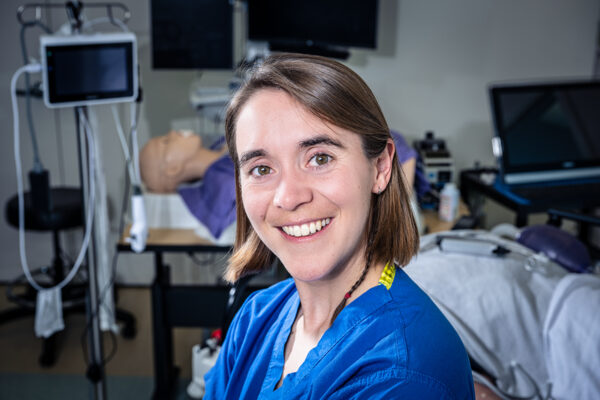Diamond, Queller elected to National Academy of Sciences
Washington University’s new National Academy of Sciences members are Michael S. Diamond, MD, PhD, the Herbert S. Gasser Professor of Medicine at the School of Medicine, and David C. Queller, the Spencer T. Olin Professor of Biology in Arts & Sciences.
Biology students win annual awards
Undergraduates Hannah Davis, Shelei Pan, Braxton Sizemore and Shan Wang were honored by the Department of Biology in Arts & Sciences at Washington University in St. Louis.
Ursaworks Robotics Club succeeds at competition
The Ursaworks Robotics Club at Washington University in St. Louis secured a second-place finish at the 2024 Midwest RoboMaster Competition.
Biologists study trade-offs of microscopic predators
Being a predator has its own costs, and that’s as true for amoebae as it is for lions or wolves. Graduate student P.M. Shreenidhi joined David Queller and other Art & Sciences researchers to study the predatory nature of a particular soil-dwelling amoeba.
Class of 2024: Committed to climate solutions
Meet 12 members of the Washington University in St. Louis 2024 graduating class ready to address the globe’s climate, environmental and sustainability challenges.
Class Acts: Kevin Corrigan
Kevin Corrigan, a graduate degree candidate in landscape architecture from the Sam Fox School, says good landscape design can make cities more resilient and beautiful.
Class Acts: Ping-I (Dennis) Chou
Ping-I (Dennis) Chou soon will graduate from Washington University in St. Louis and begin work at Intel. He has studied water chemistry and plastics in the environment.
Class Acts: Guinter Dame Vogg
As an undergraduate researcher at Washington University in St. Louis’ Atmospheric Composition Analysis Group, Guinter Dame Vogg analyzed air filters from around the globe for PM2.5, the microscopic particles that cause millions of premature deaths every year. What he saw changed his life.
Class Acts: Lauren Bruhl
Entering WashU, Lauren Bruhl knew she wanted to study the environment. Her childhood in rural New Jersey, where she explored its protected woodlands, helped cultivate her love for the environment, while her high school studies in Portugal, where she studied renewable energy, catalyzed her academic interest in reducing our carbon footprint. Now, the soon-to-be graduate of Arts & Sciences is ready to put her passion and skills into practice.
Class Acts: Caellagh Catley
Caellagh Catley worked with the Department of Anesthesiology at Washington University School of Medicine to reduce carbon emissions produced by operating rooms. The project has helped Barnes-Jewish Hospital save on resources in anesthetic gas use and has reduced its carbon emissions from such gas use by more than 60%.
Older Stories
